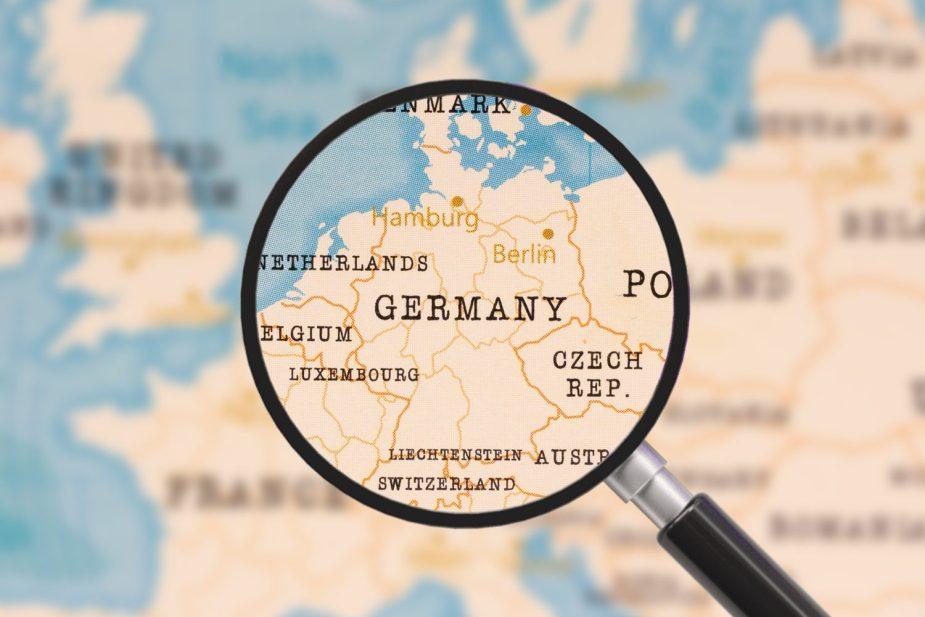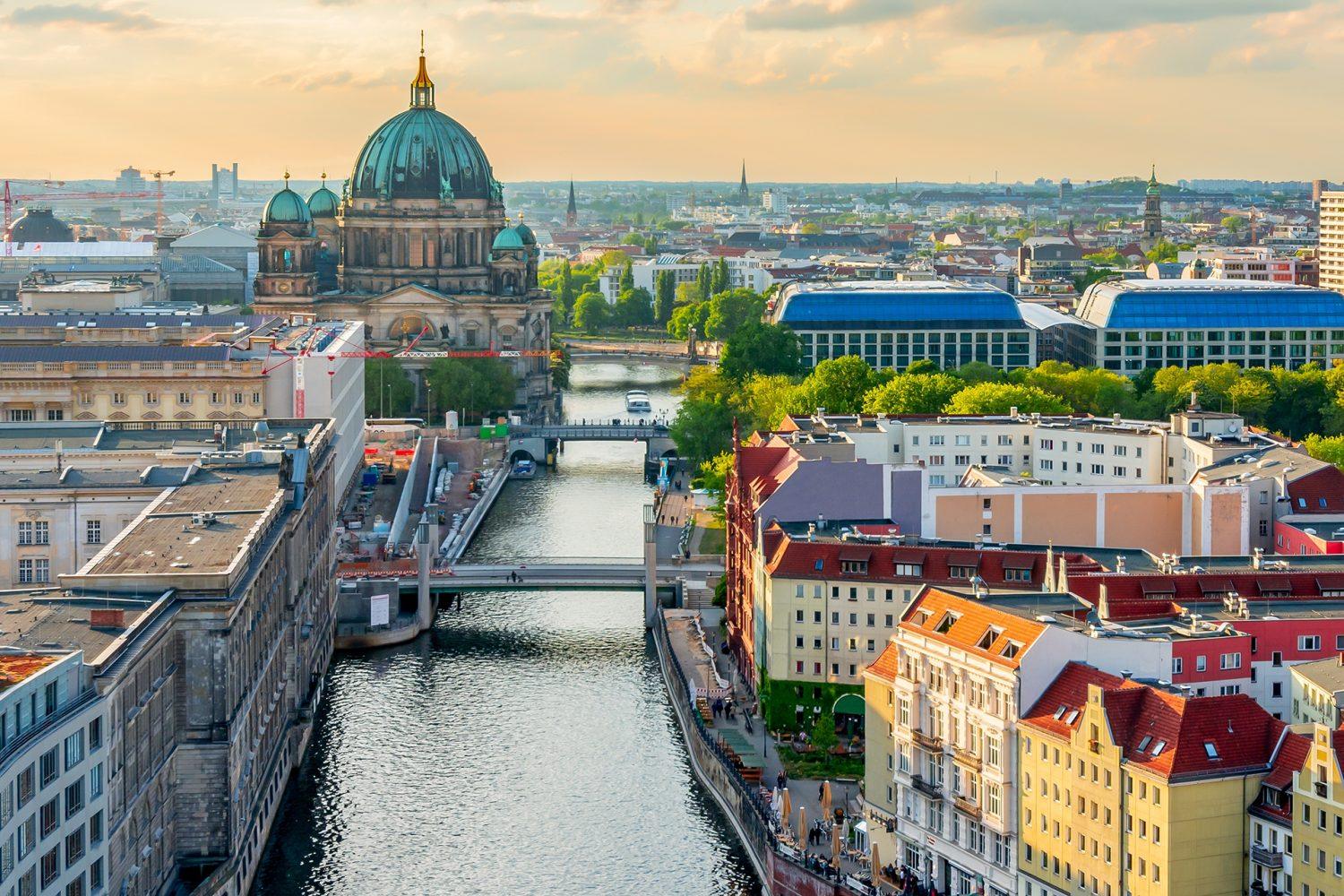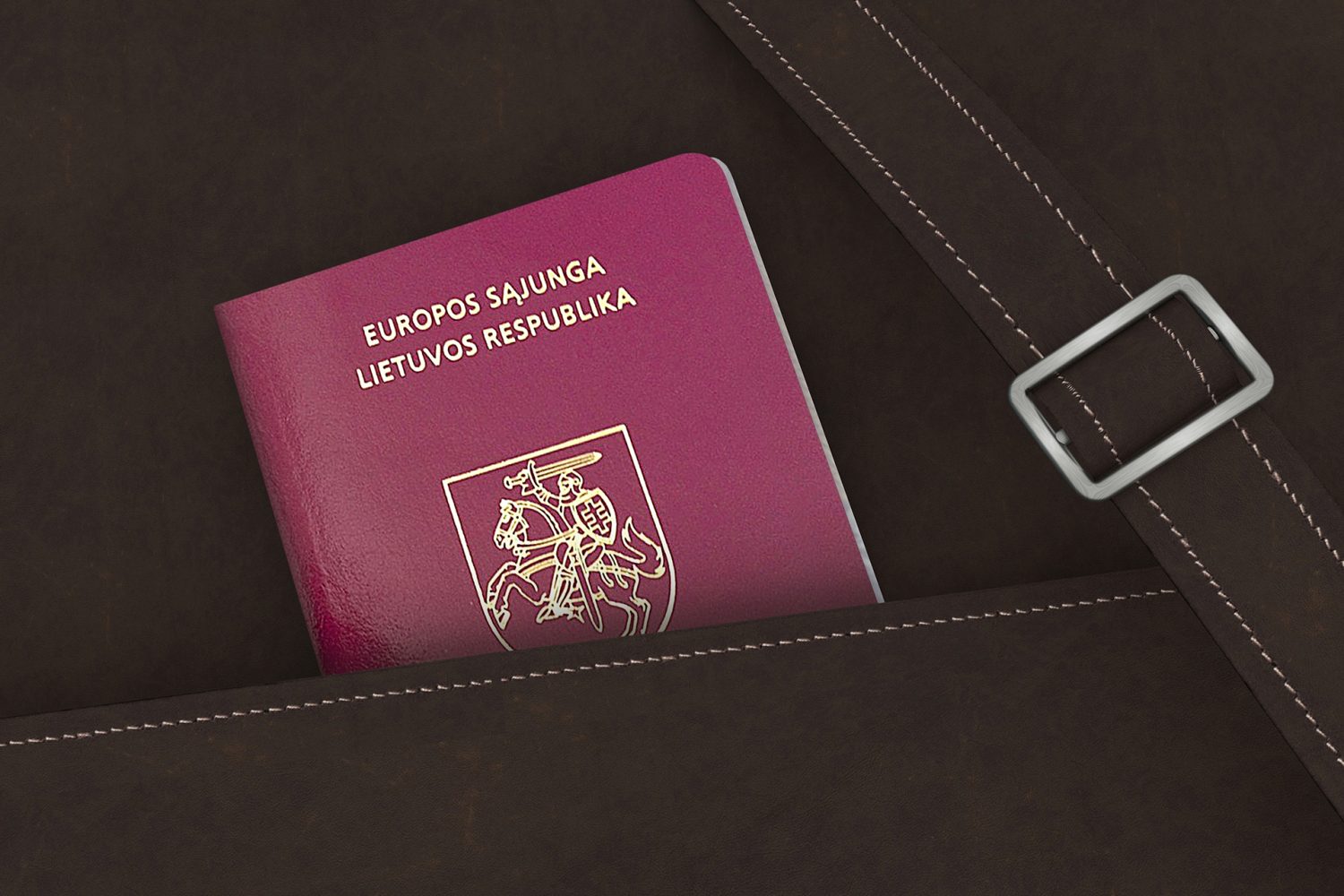
Diana Weber
Lawyer of international law
Rating:
15
April
How to Get Сitizenship of Germany

German citizenship is a legal status of a physical person, confirming his stable mutual relationship with the state, which is expressed in the presence of corresponding rights and obligations. Passport registration in the country is possible through naturalization, repatriation, through investments or by right of birth. The norms for granting legal status are regulated by national legislative acts “On Citizenship”, “On Residence, Employment and Integration of Foreigners on Federal Territory”, “On Forced Migrants and Refugees”.
A German passport is a national identity card of a citizen of the Federal Republic of Germany (FRG). The internal ID card can be used by the holder in the country, as well as for travel within the European Union and the Schengen area. In 2025 the German passport ranks 2nd in the world power ranking and allows visiting 177 countries without applying for an entry visa. The holder of a German passport is also a citizen of the EU and can work, study, do business, receive services in clinics and banks throughout the union.
You can quickly and easily obtain the rights of a German citizen by contacting international law specialists Immigrantinlaw. Dedicated lawyers at the consultation help with the selection of the optimal immigration program and the registration of a European passport or residence.
Having a passport of a citizen of the FRG gives the owner access to:
Those who by law meet at least one of the grounds for its provision can obtain German citizenship. Most often, foreigners register a FRG passport as naturalized persons after observing the census of sedentary in the state and additional requirements to the applicant. Applicants with Jewish or German roots can use the simplified procedure of repatriation.
The law “On Citizenship” of Germany has been repeatedly amended, the last amendments were made on March 22, 2024. The government of the republic is discussing some concessions for naturalized foreigners to facilitate their simplified integration into society. The possibility of reducing the census of sedentary in the state to 3-5 years, as well as allowing multiple citizenship, is being discussed.
Germany does not provide special conditions for citizenship registration for investors in the local economy. Blue Card EU holders have the right to accelerated receipt of permanent resident status - within 21-33 months after relocation, but they fulfill the basic requirements of naturalization for acquiring a passport. Refugees and applicants for international protection also acquire citizenship in the general order.
Submit an application form and we'll get back to you!
Foreigners who have lived in the country for 8 years on legal grounds and meet the following requirements can obtain German citizenship in the general order of naturalization:
For applicants who demonstrate high results on the integration course, which is confirmed by a certificate from the Federal Migration and Refugees Agency, have a good command of the German language and participate in public life, the residence census can be reduced to 6 or 7 years, depending on their level of knowledge and social activity. The period of absence of a foreigner in the FRG for more than half a year in a row is not counted in the residence period.
To start the naturalization process, you should get a residence permit on one of the grounds (for example, employment or self-employment), request a permanent residence card at least 5 years after moving, and after meeting the residence norms, apply for German citizenship. The immigrant will need to write a refusal from the first passport abroad, pass language and integration tests.
Citizenship is inherited by children, at least one of whose parents has a similar status. A child of foreigners can claim German citizenship by birthright if his mother or father has been living in the country on a permanent basis for at least 8 years. Similar rights are available to persons whose origin could not be established, and children adopted by the owner of a German passport.
German citizenship by birthright is granted automatically, without additional requirements to the applicant. Children of a German parent who did not receive local citizenship by birth, or a mother who lost the corresponding status as a result of marriage to a foreigner, can apply for a German passport on their own.
Ethnic Germans, whose ancestors were forced to migrate abroad during or after World War II, can claim citizenship. Applicants can apply as a deported person, refugees from the Soviet occupation zone of Germany or late resettlers (who returned to the FRG after 1991). Citizenship by repatriation is granted without observing the residence census, and its recipients have the opportunity to claim financial support for organizing relocation and assistance with integration into local society.
Registration of a German passport is also available for persons who were forced to leave Germany because violent measures of National Socialism were applied against them due to political opposition, racial or national affiliation. This mainly concerns ethnic Jews and their descendants, who can confirm that they lived permanently in the FRG on legal grounds before World War II. Repatriation to Germany does not require the applicant to prove financial security.
De facto or legal spouses, as well as minor children of a foreigner who live with him in Germany as residents, have the right to naturalize simultaneously with the corresponding relative. Family members do not need to observe the eight-year residence census, the main thing is that this condition is met by the main applicant. Other requirements for immigrants remain: sufficient financial security, no criminal record, passing language and integration tests, consent to refuse the first passport abroad.
Spouses and de facto partners of German citizens have the right to naturalize in an accelerated manner - 3 years after obtaining local residence. It is necessary that at the time of application, the husband and wife have been in a relationship for at least 24 months, which is documented. The applicant must meet the basic conditions of naturalization. Authorized bodies reserve the right to verify the reality of the marital union by conducting a joint interview.
Submit an application form and we'll get back to you!
The holder of a passport of any of the European Union countries is equated in rights to a German citizen. A foreigner can move to the FRG for permanent residence, gain access to the local labor market and education, conduct commercial and professional activities. Dedicated lawyers Immigrantinlaw provide more information about accelerated status of an EU citizen within 12 months without meeting the residence norms.
The standard naturalization procedure in Germany is as follows:
Citizenship is automatically assigned by birthright. Repatriates also do not meet the requirements for prior residence, but immediately apply for a German passport to authorized bodies.
Standard naturalization conditions in the FRG include the following:
Those who have the right to an accelerated procedure, for example, spouses of Germans, must also meet the naturalization requirements. Repatriates need to prove their law-abidingness and speak German at a conversational level.
When applying for German citizenship, the applicant attaches to the dossier:
The dossier is supplemented with documents depending on the type of residence permit held by the foreigner. For example, employed persons have to attach a certificate from the employer about the duration of the employment relationship, self-employed - an official tax assessment.
You can apply for a German passport at the citizen registration office at the place of residence. The applicant will need to make an appointment in advance online, by phone or email. The foreigner prepares a naturalization certificate, civil status documents and a biometric photo, undergoes a fingerprinting procedure, and also pays a state fee of 70 EUR (37.5 EUR - for those under 24 years old).
The standard term for making a German citizen’s passport is from 14 days. It is possible to issue a document in an accelerated mode (three working days) for an additional fee. Upon readiness, the identity card is sent to the foreigner by the chosen method - paper or electronic letter. The applicant can only pick up the ready passport personally after checking the biometric data.
A passport from any of the European Union countries effectively replaces the German one. With it, a foreigner can also live in Germany, use civil rights, count on official employment and a social package. For a free analysis of the chances of obtaining an EU passport without the need to pass a language or integration test and proof of financial security, you can make an appointment for a consultation with immigration lawyers Immigrantinlaw.
German citizenship is denied to those who pose a threat to the Federal Republic of Germany. The petition is rejected if it does not meet the conditions for assigning legal status or providing incomplete, incorrect information about oneself. Often the request is denied due to an incorrectly executed dossier, for example, a lack of documents or an incorrect translation. You can minimize the risk of rejecting an application by contacting international law specialists. Dedicated lawyers take on all documentary tasks for a successful result.
As of 2025, German law does not allow applicants for a local passport to keep a similar document of a home country. As an exception, those who are unable to renounce their current legal status for objective reasons, for example, recognized refugees, can have multiple citizenships. The Bundestag amendments are under consideration in the government, according to which German citizens will be able to have two or more passports.
After the legislative amendments are introduced, the owner of several identity cards for each of the states will still be considered its citizen, with an established list of rights and obligations. The traveler will need to cross the border of his native country with the appropriate passport.
In some European Union countries, you can now obtain citizenship without renouncing your previous passport at home, and on this basis immigrate to Germany. You can find out the details at a legal consultation.
Get more information about the peculiarities of immigration to the EU at a free consultation
Immigration to Germany attracts foreigners with a high level of wages (the average income of local residents is 2800 EUR after tax deduction), the rapid economic development of the state, full support of the country for quick integration into society. Many immigrants choose the FRG for social guarantees, equality of every citizen, the absence of cases of discrimination, quality education and medicine. The disadvantages of moving to Germany are complex and strict migration legislation, the peculiar mentality of the Germans and the difficult national language to master.
How to Get Citizenship of Lithuania
23 December
Lithuanian citizenship is a status that gives you a certain list of rights and powers in the country and abroad....
Obtaining a Residence Permit in the Netherlands: A Guide for Immigrants
21 March
A residence permit in the Netherlands (Holland) is a document with which a foreigner can legally stay in the country...
Immigration to Poland for Permanent Residence
20 December
Moving to Poland usually starts with opening a national visa on one of the grounds given in the local law...
Obtaining Greek Residence Permit for Foreigners
27 January
A residence permit in Greece is a temporary resident document with which you can usually stay in the country for...
Malta Permanent Residence: How to Relocate and Start a New Life
10 March
Maltese residence permit is a permanent resident card, with which you can stay on the island without time restrictions and...
How to Get Citizenship of Cyprus
10 February
Cypriot citizenship is your direct link with the state, which is expressed in the existence of certain mutual privileges and...
Discover
new opportunities
with a European Union passport!
Submit the application form and we will call you back!
Leave a request
Contacts










Thomas Grant
I heard that even if you qualify for German citizenship, having received social benefits like Bürgergeld can affect your application. Is that really a disqualifier?
Diana Weber
Yes, that’s a real and important point. To qualify for German citizenship, you generally need to prove financial self-sufficiency — meaning you can support yourself and your dependents without relying on state welfare benefits like Bürgergeld or Sozialhilfe. There are some exceptions: if you received benefits only temporarily and can show you’re now financially independent or if the benefits were related to circumstances beyond your control (e.g., illness, caring for a disabled child), the case might still be considered. But in most cases, ongoing reliance on public assistance at the time of application is a red flag, and local authorities (Einbürgerungsbehörde) may deny citizenship on that basis. It’s best to consult with a migration lawyer if your situation is complex — some exceptions do exist, but you’ll need to document them thoroughly.